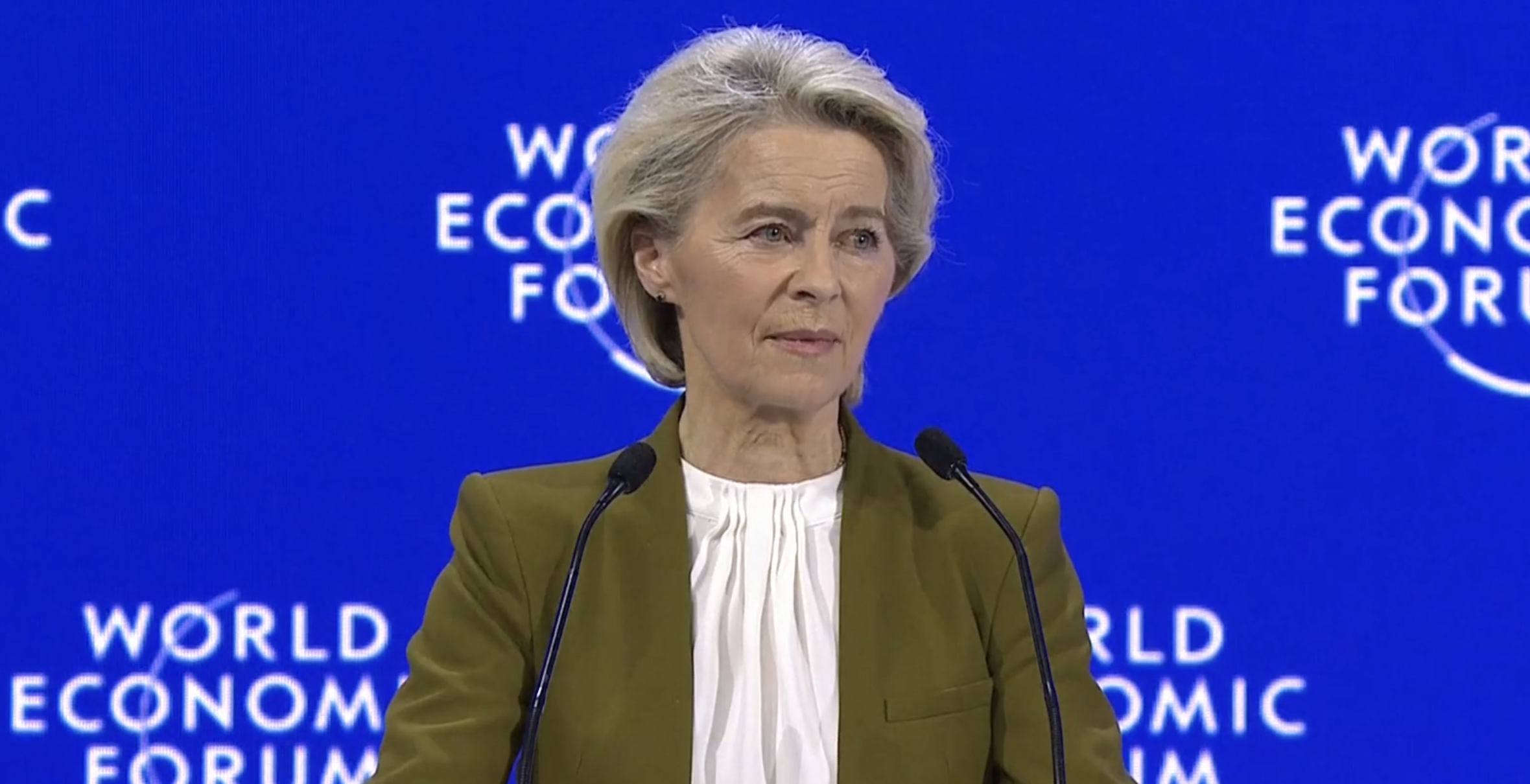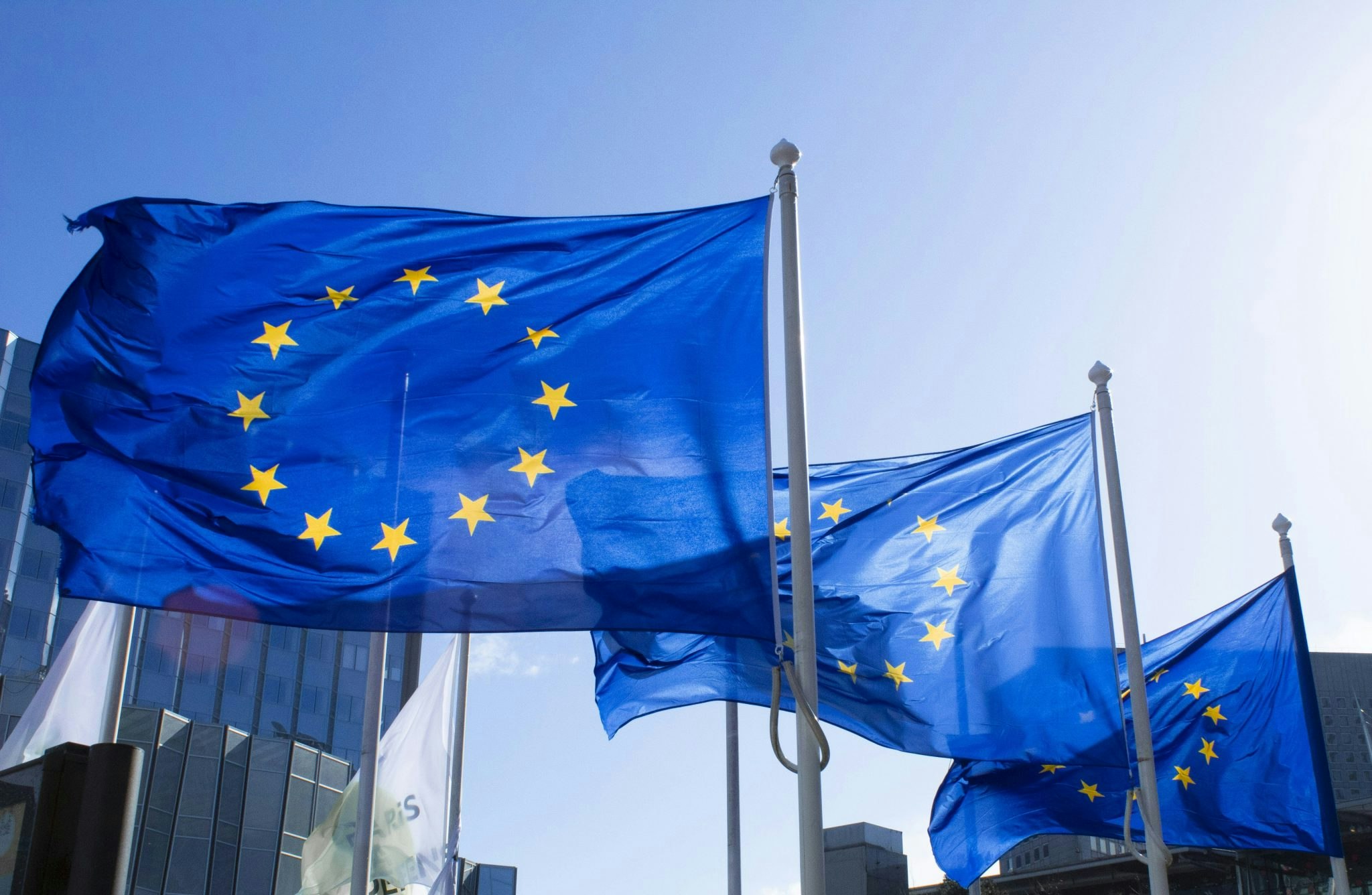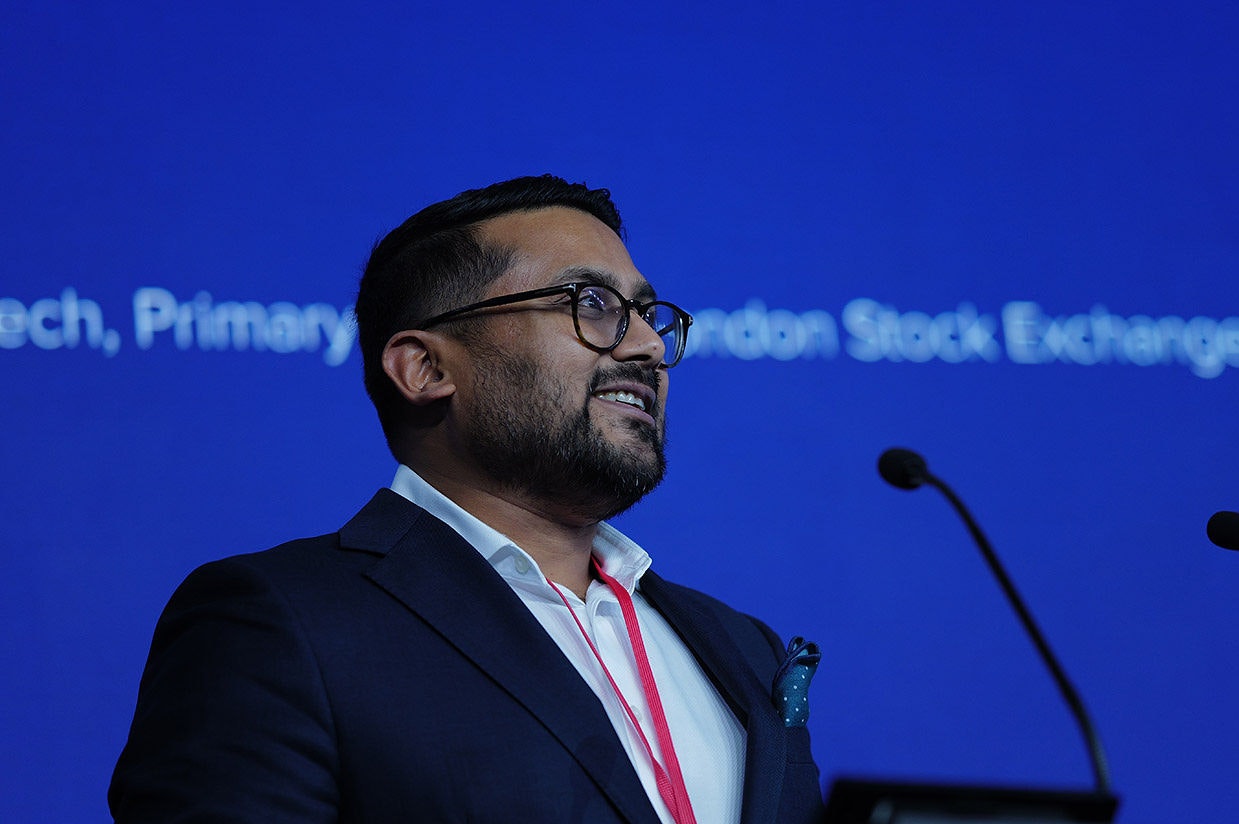The EU’s AI Act risks creating a fragmented, unpredictable regulatory environment that will undermine innovation, discourage investment, and ultimately leave Europe behind in the global AI race.
We, the signatories, call for a “stop the clock” approach and strongly urge EU member states to follow the example of Sweden's prime minister, Ulf Kristersson, has called for such a pause.
In a world racing toward the next technological frontier, a call to pause the implementation of the rushed regulation that is the EU’s AI Act is not just prudent — it’s essential. This is not mere bureaucratic quibbling. Implementation without clarity can leave companies stranded between conflicting interpretations, undermining innovation and deterring investment. If Europe pays lip service to AI leadership but fails to deliver a stable, predictable environment, its industries, particularly AI-powered applications, may decamp to more agile jurisdictions.
This concern is no longer theoretical. With just weeks left before parts of the AI Act are set to take effect, one of its most critical elements — the Code of Practice on General-Purpose AI Models — remains incomplete and mired in delays. The fact that such a foundational piece of the framework is still being debated just shows how careless it would be to move ahead right now. Companies cannot comply with rules that don’t yet exist in workable form.
Industry has been clear about their concerns. Major European companies are raising red flags about regulatory uncertainty, while competitors in the US, UK, and Asia operate under clearer frameworks. With the Code of Practice still unfinished, Europe will create the exact fragmented environment that drives AI innovation elsewhere.
The consequences of rushing ahead are irreversible. As PM Kristersson warned, continuing rollout under current conditions “could lead to Europe falling behind technologically or specific applications not being available on the European market”.
A well-calibrated pause does not equate to delay for delay’s sake. It’s about delivering a workable implementation plan — not a rushed ticking time bomb — that reinforces Europe’s credibility and competitiveness on the global stage. This is a pivotal moment for Member States, particularly through the AI Board, to assert their role and insist that quality and clarity must come before speed.
As signatories to this statement, we urge all EU member states to join Sweden in pressing pause on the implementation of the AI Act until a coherent and technically grounded framework is in place. Europe's technological future depends on getting this right.
Johannes Schildt, founder & executive chairman, Kry
Fredrik Hjelm, cofounder & CEO, Voi
Anton Osika, cofounder, Lovable
Steffen Tjerrild, COO & cofounder, Synthesia
Victor Riparbelli, CEO, Synthesia
Dom Hallas, Startup Coalition
Tomas Okmanas, cofounder of Nord Security (NordVPN) and nexos.ai
Alex Bouaziz, cofounder & CEO, Deel
Yuri Frayman, founder & CEO, Cast AI
Joel Hellermark, founder & CEO, Sana
Max Junestrand, cofounder & CEO, Legora
Emad Mostaque, former CEO of Stability AI
Dídac Lee, founder partner, Galdana Ventures
Erik Andersson, founder & CEO, Teamtailor
Oscar Höglund, cofounder & CEO, Epidemic Sound
Karl Rosander, founder & CEO, Nordic Air Defense
Konrad Bergström, founder, XShore
Julia Elf, founder & CEO, Elfcare
Juraj Masar, cofounder & CEO, Better Stack
Elias Schneider, cofounder & CEO, Codesphere
Sonali De Rycker, partner, Accel
Harry Stebbings, founder, 20VC
Kitty Mayo, CEO, Project Europe
Fredrik Cassel, general partner, Creandum
Robert Lacher, founding partner, Visionaries Club
Judith Dada, general partner, Visionaries Club
John Diklev, founder & CEO, Flower
Filip Dames, founding partner, Cherry Ventures
Christian Meermann, founding partner, Cherry Ventures
Corinne Vigreux, cofounder & CMO, TomTom
Harold Goddijn, cofounder & CEO, TomTom
Hjalmar Ståhlberg Nordegren, CEO & founder, Karma
Ash Edwards, coounder & CEO, Fern Labs
Sandra Malmberg, partner, EQT Ventures
Executive Committee, Partech



